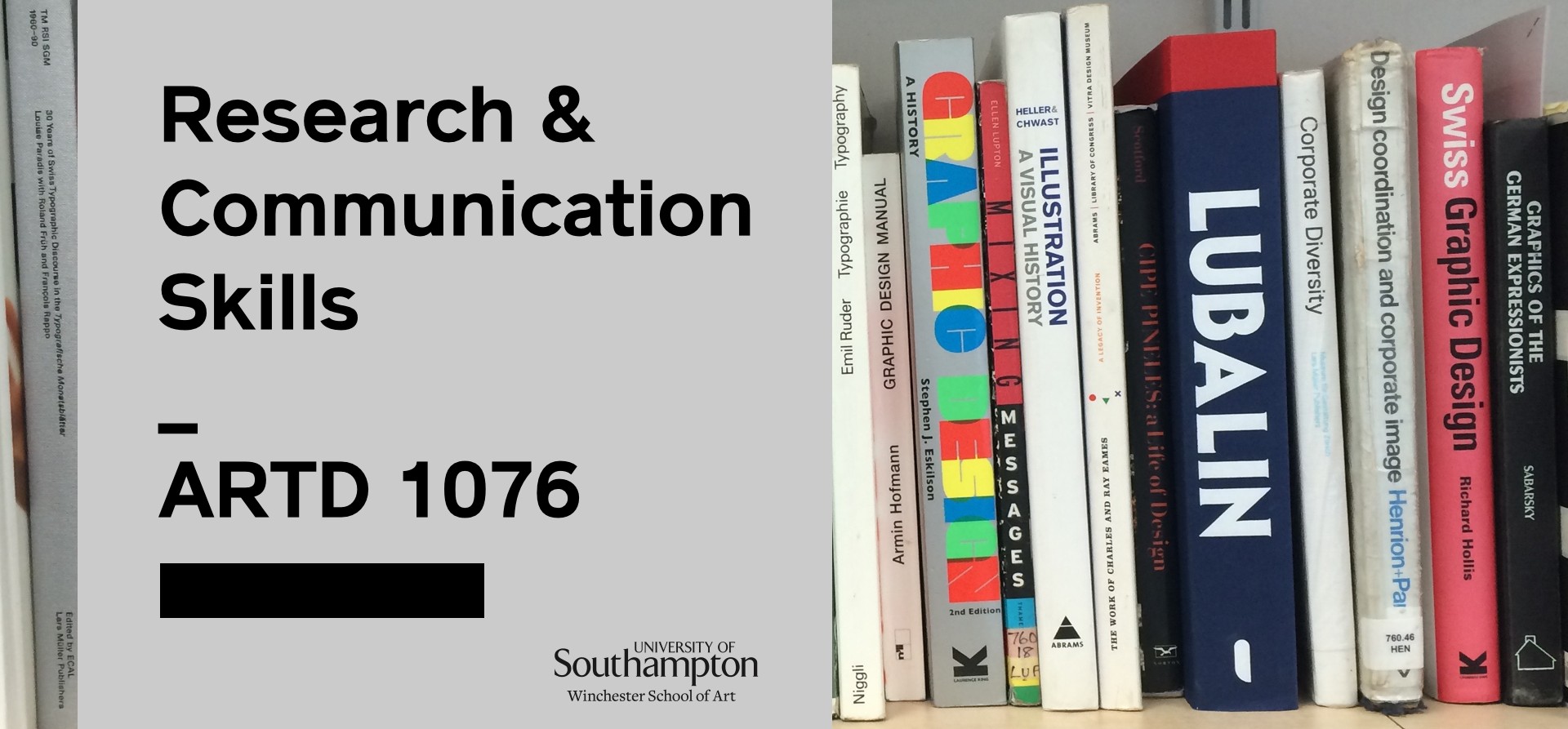Question One: What are the Key Components of Postmodernism?
To begin with we must first define ‘Postmodernism’, which on its own isn’t easily defined, and to quote one of my sources “its roots aren’t easily traced.” (Anon., n.d.) Most commonly it is used to describe architecture, art, technology and literature among many other aspects. From what I have discovered, there are ten key concepts to postmodernism that is widely acknowledged by those who strive by philosophy. I decided to use the same titles as in my first source, they to me stood out as a good roundup of each point. I thought also to only discuss those of the most importance.
- Disillusionment with Modernist Thinking
Postmodernists seem to be unsatisfied with the world’s inability to achieve social advancement, acknowledgement and peace, so they challenge the conventional way of operating. Therefor the notion of truthful thinking is a “contrived illusion, misused by people and special interest groups to gain power over others”. (Anon., n.d.)
They challenge the unfulfilled promises of science, technology, government and religion.
- Opposition to Traditional Authority
Overall, to the postmodernist, authority is a danger and isn’t to be trusted. Authority figures are to be an opposition, due to their loyalty and trust to the establishment and rigid beliefs in moral truths. In terms of the origin of Postmodernism, you could look at the New Testament in the west (1650-1800AD). (Wells, 2006)
- Truth is relative
There are no objective truths. They are defined by groups of people who use them to attain power. One’s perception of reality doesn’t always match another person’s. For example, although you may view a person of the opposing sex as in a relationship based on their conventional indications of being taken, they may not see that themselves.
- Morality is Relative
There isn’t a moral system that is accurate for everybody. Traditional beliefs that have been accepted for centuries, fall secondary when people believe that truth is relative.
Question Two: What Games do you think Exemplify this in Their Design Decisions?
The first of the mentioned key points that stood out as apparent within a game, is the relativity in Truth. Within any game produced by ‘TellTale Games’, you have the option to choose your own path, to which the story will travel down. To paraphrase what they say at the start of all their games, the decisions you make, determine the story you take. (Dutertre, 2014)
(Dutertre, 2014)
Then when looking at the relativity of Morality, if you think of the game series “Infamous” by Sucker Punch Productions, you had ‘Karma’ which was affected by the decisions made by main the player, which then would later impact that characters positively or negatively, depending on how drastic the decision is. This can affect the end result either in a large or small way. It ultimately changes the way in which their powers develop, their appearance changes and the successive chain of events that happen within the story. For example, within the third instalment, “Second Son” you can either sacrifice your entire tribe or turn yourself in to the government, after you for your powers. This is shown in the below image, your back patch would change colour dependant on the type of choice you make.
References
Anon., n.d. All About Philosophy. [Online]
Available at: https://www.allaboutphilosophy.org/characteristics-of-postmodernism-faq.htm
Anon., n.d. Web Designs School Guide. [Online]
Available at: http://www.webdesignschoolsguide.com/library/10-core-components-of-postmodernism.html
Dutertre, S., 2014. Morality and Ethic System in Video Game. [Online]
Available at: https://www.gamasutra.com/blogs/DUTERTRESimon/20140222/210687/Morality_and_ethic_system_in_videogame.php
Pressure, G., n.d. inFamous: Second Son Game Guide and Walkthrough. [Online]
Available at: https://guides.gamepressure.com/infamous3/guide.asp?ID=24793
Wells, D. F., 2006. Above All Earthly Pow’rs, Grand Rapids: William B. Eerdmans Publishing Co..

